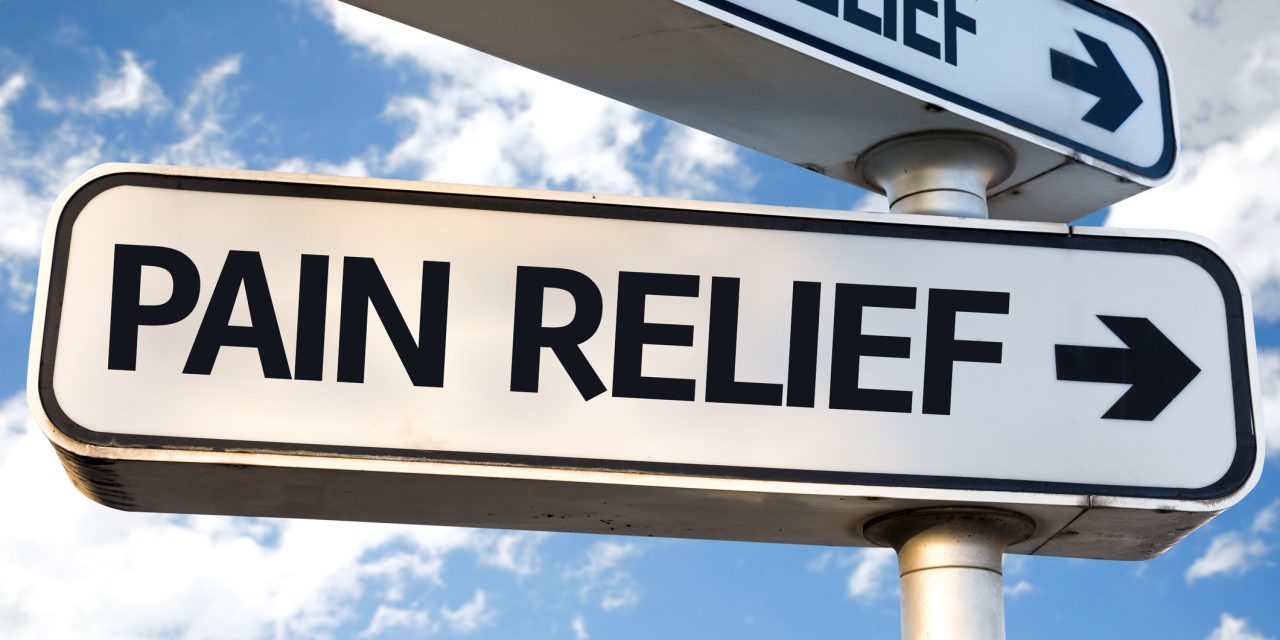Parents’ use of spanking to punish child misbehavior is replete with controversy despite ample evidence that spanking can lead to harmful outcomes,1 such as increasing child aggressive and externalizing behavior, internalizing mental health problems,5,6 and compromised brain development. Empirical conclusions about the effects of spanking are no longer derived from weak cross-sectional, correlational research designs. Studies now use rigorous research designs that approximate experiments, account for children’s initial levels of behavior problems to demonstrate increases in these problems after the spanking, and control for a wide range of potential demographic qualities 9—all of these research designs reveal that parental spanking can produce negative effects. In this volume of The Journal, Ma et al add to evidence that spanking has detrimental effects comparable with other adverse childhood experiences (ACEs).10 ACEs were first recognized decades ago to predict long-term morbidity11 and early mortality,12 highlighting their relevance to physical health. Similar to spanking, ACEs contribute to short-term negative consequences for children, such as greater problem behavior.13,14 This new study documents a striking parallel between the effects of spanking and other ACEs on externalizing behavior problems, strengthening the case for considering spanking itself as another ACE.
Reference link- https://www.jpeds.com/article/S0022-3476(21)00214-6/fulltext


